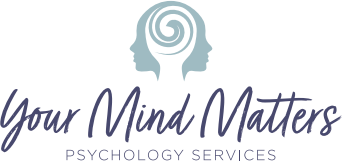Maintaining Motivation
Not motivated to exercise as the COVID-19 pandemic drags on? You’re not alone! Most of us are having trouble sticking with healthy habits right now. There’s less structure in our lives and social events are cancelled or move online, as a result many of us are facing additional stress and anxiety due to social isolation, […]
